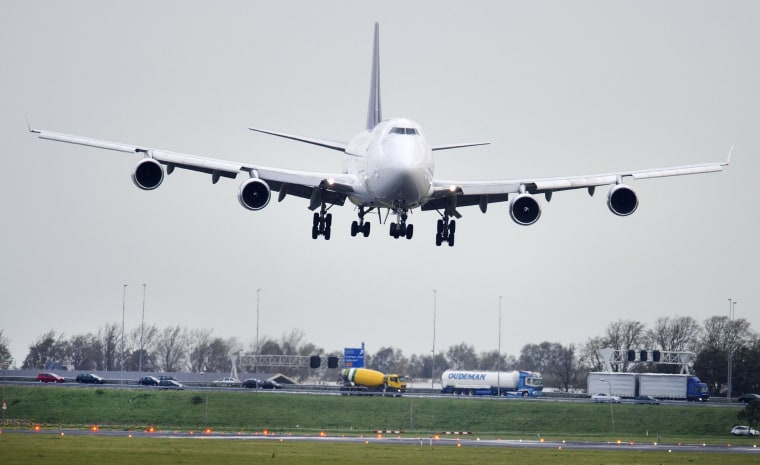Travelers don't hate everything about the airlines.
Consumers gave the industry good marks in several categories, including making reservations, check-in procedures and even baggage handling, according to the latest American Customer Satisfaction Index (ACSI) report.
It’s just the actual flying experience they can’t stand.

“We found that the airlines did a pretty good job on everything leading up to an air travel experience,” said David VanAmburg, ACSI managing director. “Where the disconnect is is in the actual flight, which, unfortunately for them and for travelers, is the majority of the experience.”
Compared to high scores for check-in and reservation processes — both 82 on a 100-point scale — the industry scored a dismal 67 for the quality of in-flight services and 63 for seat comfort.
The latter were low enough to give the industry an overall rating of 69, putting airlines on a par with social media, subscription TV services and the IRS.
Airlines remained mired at the low end of the scale for two main reasons, VanAmburg said.
Perennial leaders including JetBlue and Southwest saw their scores drop over the past year, from 83 to 79 and 81 to 78 respectively, as airfares rose. “They’re so much about price that when fares rise, they take it on the chin more than legacy carriers,” he said.
The other big factor, says VanAmburg, is the industry’s steady stream of mergers, which often wreak havoc on customer satisfaction as airlines struggle to merge staffs, schedules and IT systems.
As an example, he cites the 2010 Delta/Northwest merger, which led to a “nosedive” in Delta’s score (56) in 2011. Having worked out the kinks, the carrier has been on an upswing ever since, scoring 71 this year.
United maintains its last-place position with a score of 60 as the airline continues to struggle to absorb Continental. “There are a lot of disgruntled passengers flying United, particularly because [the merger] is taking so long,” said VanAmburg. “They’re three years into it and there are still so many hiccups.”
However, United spokesman Rahsaan Johnson pointed out that the airline has reduced complaints year-over-year and improved on-time performance and overall reliability. "United is investing significantly to provide employees the tools to deliver great service and improve our customers’ experiences," he said.
As the American Airlines-US Airways merger moves forward, VanAmburg said, there also may be turbulence ahead
“We can’t say that American will drop next year,” he said, “but it’s more likely than not that they’re going to run into the same challenges that we’ve seen in every other airline merger to date.”